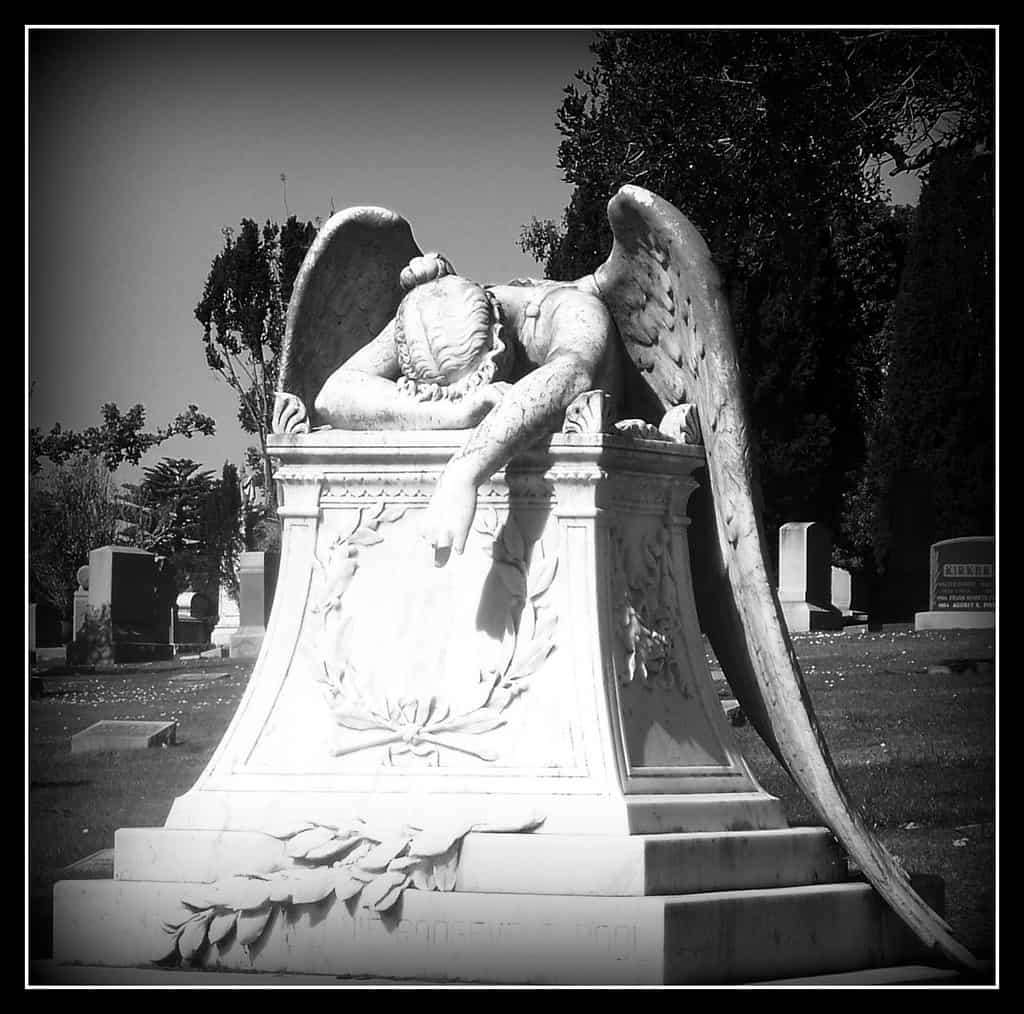This afternoon, the news began to break about the horrific school shooting in Newtown, Connecticut. And before we even knew how many had been shot or the identity of the shooter or anything else except that senseless violence had again been visited on innocent victims — on innocent children — before we knew anything else, we were already talking about it on social media.
Much of that response was prayerful and compassionate: #PrayForNewtown was at the top of Twitter’s trends almost immediately. But at the same time, a debate was already raging.
On Twitter, in comment boxes, on Facebook: people were instantly arguing with each other about whether or not we would finally deal with gun control … or why gun control wouldn’t have helped … or whether this was a result of cuts to mental health services … or whether it was too soon to have these arguments.
Yes, it is too soon to have these arguments. But that we have them — and have them so instantly, so automatically — is in itself worthy of reflection.
***
One reason that we respond so quickly is simply that we are, God help us all, conditioned for this kind of event. As a society, we’ve seen enough mass shootings that we have evolved a pattern of response, and part of the ritual is a debate about what laws might have prevented it. That debate is necessary; we need to discuss how to make deadly weapons harder, and mental health services easier, to access. But whatever broke in the mind and soul of the shooter cannot be healed even by the best policies, and the hearts that are broken in mourning for their children and loved ones will not be consoled by laws.
We want our stories to have a moral: “if only we had passed this law first, this tragedy could have been avoided.” We want to learn from them, if only so that we will not have suffered in vain.
I don’t think this story has a moral. The truly terrifying thing about evil is that it’s not for anything; it’s just a “no,” a negation, a refusal of life and love. It destroys without purpose; it unmakes what God once called good. Our desire to find a moral in a tragedy, in its own way, wants to reject the purposelessness of evil — to salvage the lives lost by making those deaths mean something. But we should not hide too quickly from suffering by making plans against future evil, no matter how necessary they are.
For these deaths mean what all innocent suffering and death means: that the world is broken, marked and scarred by sin, and in need of saving. Let our prayer begin there, then, even in anger — at our need, at our failure to understand, at the fact that none of this appears to mean anything except more brokenness and that God remains silent in the face of evil — as it has begun so many times before:
O Lord, how long shall I cry for help, and you will not listen?
Or cry to you “Violence!” and you will not save?
— Habakkuk 1:2
But let it not end there:
For there is still a vision for the appointed time; it speaks of the end, and does not lie.
If it seems to tarry, wait for it; it will surely come, it will not delay.
— Habakkuk 2:3



